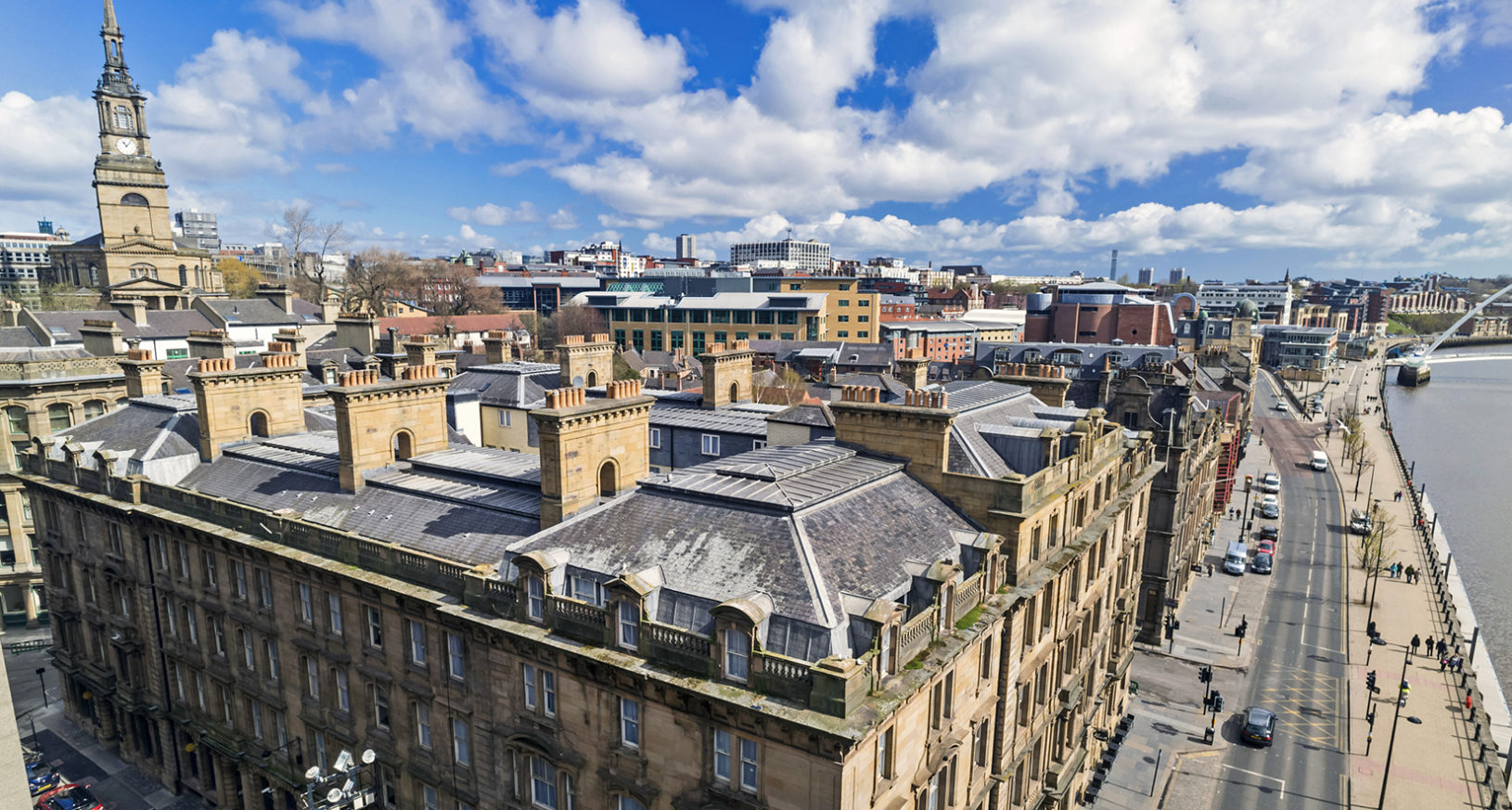
The next North of Tyne mayor will have several challenges ahead of him
A roundup of the key learnings from the recent North of Tyne mayoral hustings

A roundup of the key learnings from the recent North of Tyne mayoral hustings
On Thursday voters in the North of Tyne (NoT) go to the polls to select their next mayor. The candidates recently set out their vision for the area at a joint Centre for Cities-North East Chamber of Commerce hustings. So what did we learn from the debate?
North of Tyne is only a first step for devolution
Businesses in the area wanted answers on how the mayor will fix the artificial divide that the Tyne now represents and a plan to get all of the North East’s local authorities signed up as full and equal members of a Mayoral Combined Authority. The North of Tyne mayor lacks not only some scale by the absence of four Labour-led south of Tyne authorities but also important powers such as bus franchising, which need the southern authorities on board to unlock.
All the candidates agreed that this was an issue they would urgently seek to address. The Liberal Democrat candidate, John Appleby, said that he had been contacted by Gateshead residents wondering why they had not been consulted about the new mayor and wanting to be a part of it.
Jamie Driscoll (Labour) made the point in his introduction that Newcastle and Gateshead are one city. He would make the south of Tyne the authorities ‘associate members’ of the Combined Authority, and said bringing them in would be easier for him as a Labour mayor of NoT.
John McCabe, the independent candidate, pointed out that it had been seven Labour leaders who had been unable to deliver on the previously signed North East devolution deal.
Charlie Hoult the Conservative candidate believed that showing the value of the mayor by delivering quick, concrete improvements and earning the trust of neighbouring local authorities through close collaboration will be the best way to get them on board.
Hugh Jackman of UKIP thought it may be worth asking the four authorities that dropped out of the devolution deal why they chose not to continue.
A different political tone
The sharp political and policy divides at the national level were much softer among the NoT candidates, and there were often large overlaps between candidates when talking about the major obstacles holding back the North East economy. The tone of the discussion was friendly and, by and large, generous between the candidates. The widest gulf was between the Labour and Conservative candidates, with the former calling for more local procurement to drive economic growth, a focus on the environment and a new locally owned bank, while the latter promised business experience and to resist a ‘business killing’ low emission zone.
It may be that, as the dominant party in the region, the political fissures within and across Labour groups in local government in the North East are nearly as large as those between the mayoral candidates.
Businesses keen to engage
While turnout will likely be low tomorrow – other metro mayor elections have ranged between 22-32 per cent – it was standing room only at the hustings. Businesses were keen to hear from the candidates about their plans and positive about the impact that the winner could have to help them grow and boost the North East economy.
The candidates were asked how they would improve their access to residents with the skills they need – in particular, what they will do to improve quality and take up of adult education in the area – and how they would work to attract new and existing successful businesses. This highlighted the major challenges and concerns facing businesses in driving the local economy.
A major role
Irrespective of who wins tomorrow’s election, the new North of Tyne mayor has a big job to do in boosting the area’s economy, which trails other comparable cities on measures such as wages and productivity. He will need to use all of the hard and soft power at his disposal to deliver economic growth.
We have set out our policy recommendations on how he can do this here.
Leave a comment
Be the first to add a comment.